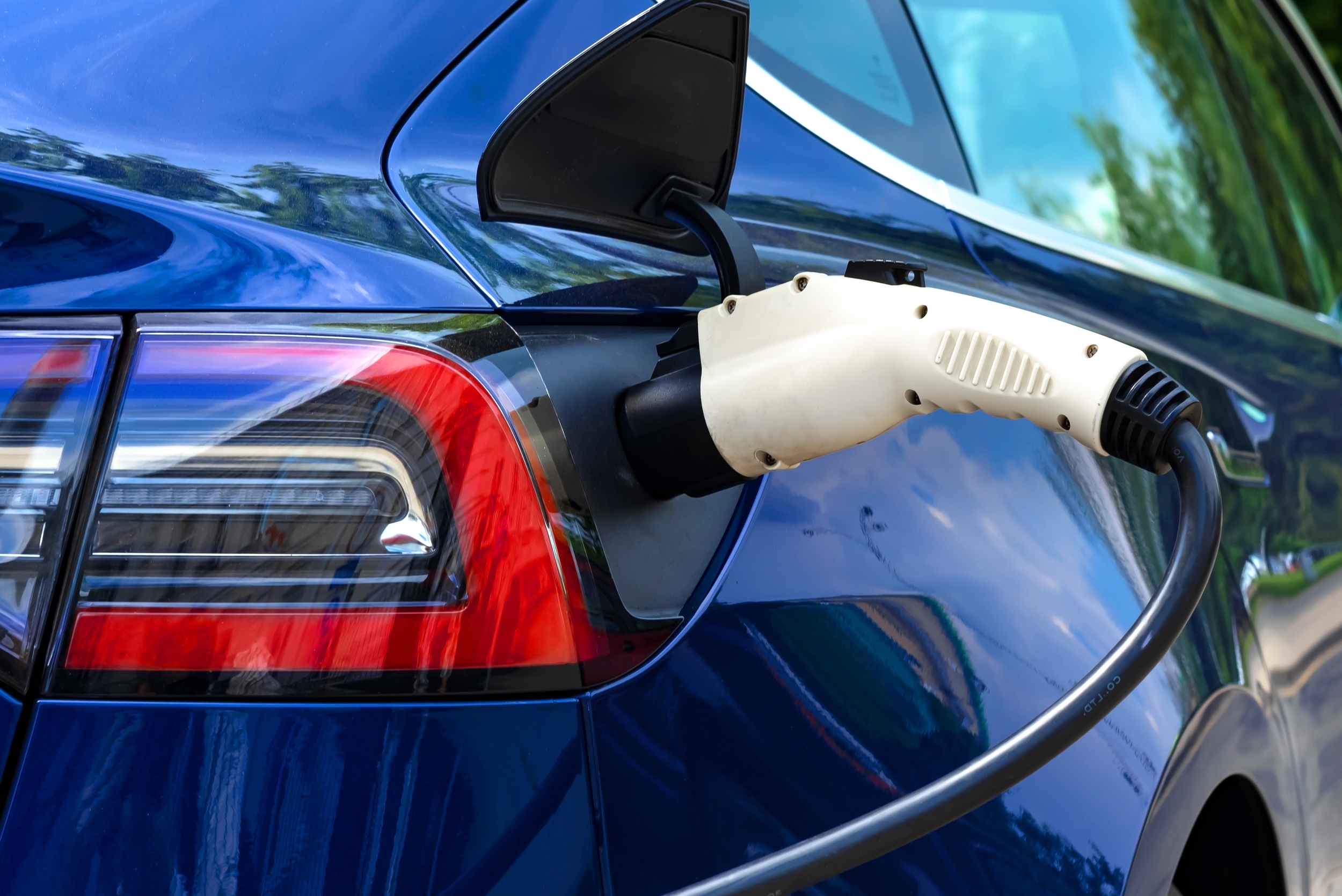Disputes between drivers electrical terminals are becoming commonplace, pushing charging station managers to hire security guards to maintain order.
The transition to electric mobility in the United Kingdom faces an unexpected obstacle: the violence of charging, known as “ load rage » across the Channel. A problem that already affects France, to a lesser extent (cables torn; thermal cars parked in spaces reserved for electric models, etc.).
As more and more drivers opt for electric vehicles, charging stations on Britain’s motorways are increasingly subject to disputes between users, particularly during busy periods. To remedy this situation, security guards were hired.
The violence of recharging electrifies the terminals, for a transition loaded with tension
The “charge rage” is not a simple amusing anecdote, but rather a symptom of the obstacles linked to the transition to electric mobility, and incidentally of an increase in violence in our society. Moto, one of the main managers of charging points in the United Kingdom, has recruited security guards to put an end to arguments between users, which have become frequent.
The UK’s aging electricity network is, it must be said, an aggravating factor in the situation. According to Moto CEO Ken McMeikan, the current grid simply does not have the capacity to meet electricity demand during peak usage.
So inevitably, without an adequate solution, every public holiday, Christmas break, Easter and summer could turn into an electricity supply crisis, like the shortages of gasoline and diesel.
A need to modernize the network and accelerate the installation of terminals
The recent announcement by the British government to postpone the ban on the sale of thermal engines from 2030 to 2035 clearly illustrates the complexity of the transition. “Charge rage” is becoming a serious problem, to the point that additional measures could prove necessary to resolve this issue which has become a crucial issue for the development of mobility.
The surge in cases of charging violence highlights the pressing need to improve electric charging infrastructure and modernize the UK’s electricity network.
Terminal operators and the government will need to work together to ensure a stable and reliable electricity supply. Which implies increasing the number of charging stations. In any case, all of this amounts to a reminder of the challenges posed by the transition to electric mobility.
Source : The Telegraph

92